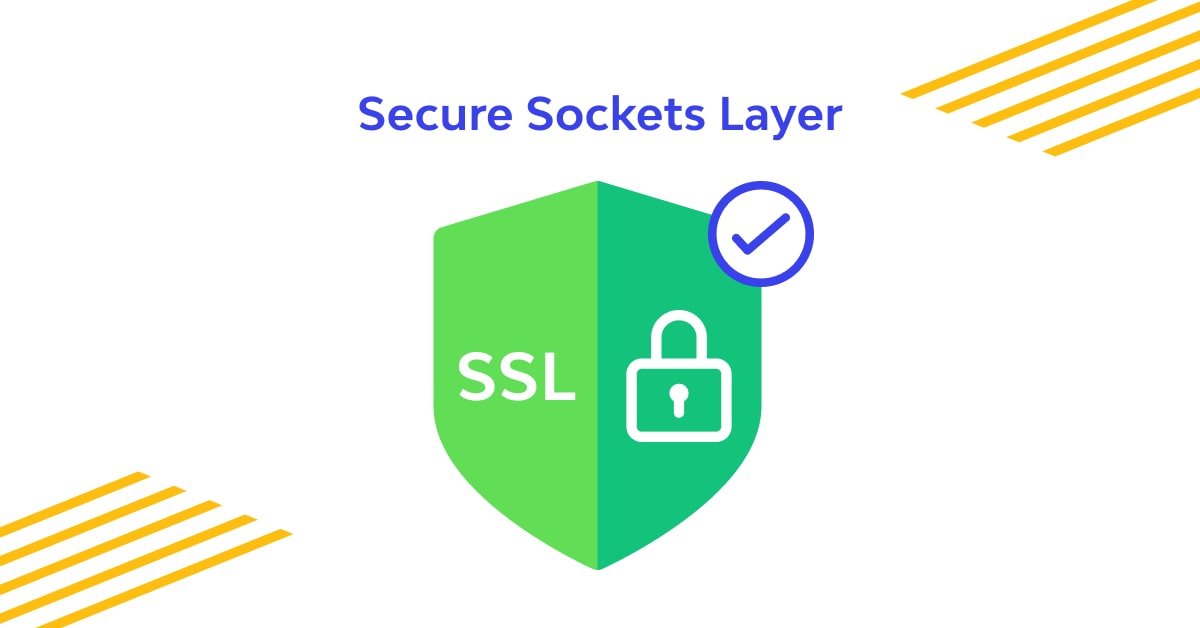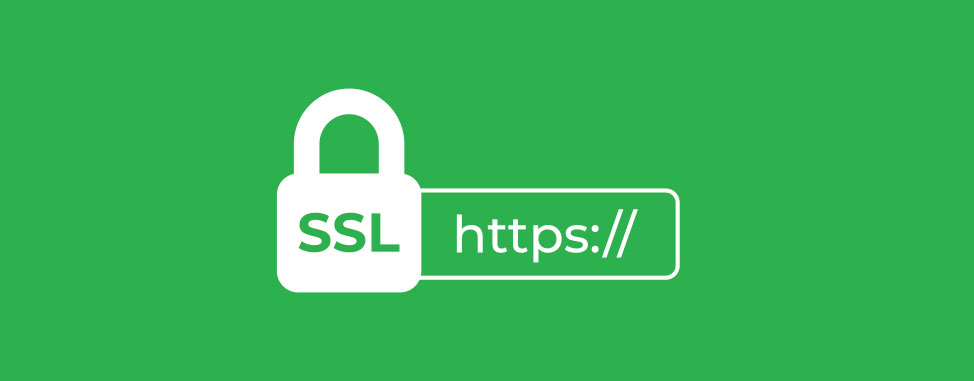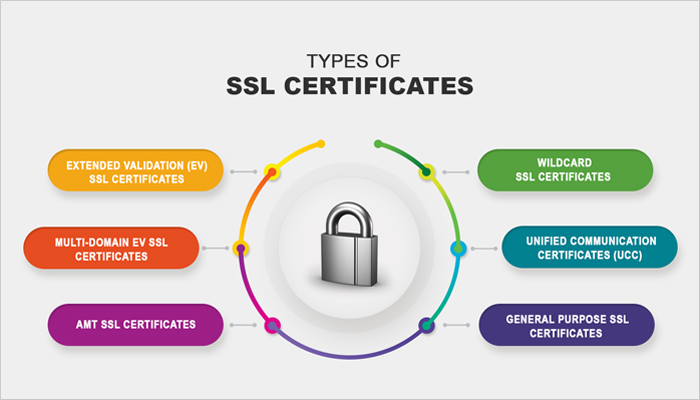Recent Posts
- September, 2025
AWS for UAE Gaming Platforms: Low-Latency Hosting in 2025
AWS Servers for UAE Startups: Affordable Scaling Options
Cloud Server Hosting for eCommerce in UAE: Scaling for 2025 Traffic
Migrating to Cloud Servers in UAE: Compliance and Best Practices
AI‑Driven Cloud Server Hosting in UAE: Innovations and Providers

Securing Your UAE E-Commerce Site with SSL and Firewalls
As e-commerce continues to surge across the United Arab Emirates, securing online platforms has become a top priority. UAE consumers are increasingly shopping online, especially through mobile devices, and demand secure, trustworthy websites. For e-commerce businesses, failing to meet these expectations can result in lost sales, reputational damage, and even legal issues under UAE’s stringent cybersecurity regulations.
Among the most essential tools in your website security arsenal are SSL certificates and firewalls. These are no longer optional — they are critical elements for protecting your e-commerce store, customer data, and brand reputation.

Understanding SSL Certificates and Why They Matter in the UAE
SSL (Secure Sockets Layer) certificates are digital protocols that encrypt the communication between your website and the user’s browser. In simple terms, SSL ensures that any data exchanged — from login credentials to credit card information — is unreadable to unauthorized third parties. When installed, SSL turns your site URL from “http” to “https,” and adds a padlock symbol in the browser bar, indicating that the website is secure.
In the UAE, SSL has gone beyond a best practice — it is a minimum requirement. Consumers are security-aware and often abandon carts if a site does not show secure connection indicators. Moreover, major browsers like Chrome and Safari now flag non-SSL sites as “Not Secure,” which can instantly damage credibility.
Search engines also favor secure websites. Google includes HTTPS as a ranking signal, meaning SSL can enhance your visibility in search results, which is especially valuable in the competitive UAE e-commerce landscape.

Types of SSL Certificates for UAE Businesses
Choosing the right type of SSL certificate is crucial. There are three main types: Domain Validation (DV), Organization Validation (OV), and Extended Validation (EV). DV certificates offer basic encryption and are best for personal sites or blogs. However, for e-commerce businesses in the UAE, OV or EV certificates are recommended.
OV certificates verify not just your domain but your organization, providing a higher level of trust. EV certificates go even further by verifying your legal identity and displaying your company name in the address bar — a visual trust indicator that can boost conversions and reduce cart abandonment.
If your UAE e-commerce site has multiple domains or subdomains, consider a Wildcard SSL or Multi-Domain SSL. These allow you to secure multiple pages or sites under one certificate, simplifying management while maintaining robust security.

Installing and Maintaining SSL Certificates on Your E-Commerce Site
Installing an SSL certificate isn’t just about buying one and forgetting it. The installation process must be executed properly through your hosting provider or web server. Most UAE-based hosting companies offer automated SSL installation via control panels like cPanel or Plesk.
After installation, it’s essential to update all URLs to HTTPS, ensure that redirects are in place, and test the certificate for issues. Tools like SSL Labs’ SSL Test can help verify if your SSL setup is correct and robust.
Maintenance is just as critical. SSL certificates come with expiration dates and must be renewed before they lapse. An expired SSL certificate can cause your site to become inaccessible or display alarming browser warnings to visitors, damaging your brand and bottom line.
The Role of Firewalls in E-Commerce Website Security
While SSL encrypts data during transmission, it does not prevent attacks like DDoS, SQL injection, or cross-site scripting. This is where firewalls come in. A Web Application Firewall (WAF) acts as a shield between your website and incoming traffic, filtering and blocking malicious requests before they reach your server.
For e-commerce sites in the UAE, firewalls are particularly important due to the region’s rapidly growing digital economy, which has attracted attention from cybercriminals. A properly configured firewall can stop bot attacks, prevent brute-force login attempts, and even detect vulnerabilities in third-party plugins — a common attack vector in platforms like WordPress or Magento.

Choosing the Right Firewall Solution for Your UAE E-Commerce Site
There are two primary types of firewalls relevant to e-commerce: network-based firewalls and application-level firewalls (WAFs). Network firewalls operate at the server level and are ideal for larger e-commerce platforms with dedicated infrastructure. WAFs, on the other hand, are more accessible to smaller businesses and are often cloud-based, making them easier to implement and manage.
Popular WAF providers like Cloudflare, Sucuri, and Astra Security offer specialized protection for e-commerce sites. These services not only block threats in real-time but also include features like bot mitigation, rate limiting, and virtual patching — especially useful for sites running on CMS platforms.
If your e-commerce business is hosted locally in the UAE, check if your hosting provider includes firewall services in their security packages. UAE-based data centers are increasingly offering integrated WAF solutions optimized for compliance with regional data protection regulations.

Combining SSL and Firewalls for Comprehensive Protection
SSL and firewalls are not alternatives — they are complementary. Think of SSL as the lock on your front door, and the firewall as the security system that monitors everything that goes in and out. Using both ensures that your e-commerce site is protected on multiple levels: SSL secures customer data, while firewalls defend against active threats.
Moreover, many UAE customers use mobile payment systems, which rely heavily on secure APIs. Without SSL and firewall protections in place, these APIs can be exposed to attacks, potentially compromising sensitive payment data. Ensuring security across all touchpoints of the customer journey — from browsing to checkout — is essential.
Regulatory and Legal Compliance in the UAE
The UAE government has introduced several cybercrime laws aimed at protecting digital assets and consumer privacy. Federal Law No. 5 of 2012 on Combating Cybercrimes outlines strict penalties for data breaches and inadequate protection of personal information. E-commerce operators found negligent may face fines, legal actions, and license revocations.
SSL certificates and firewall deployment play a critical role in complying with these laws. Many regulatory frameworks, including the UAE Personal Data Protection Law (PDPL), emphasize the importance of safeguarding data through encryption and network-level protections. Failure to implement industry-standard security protocols could be seen as non-compliance.
Additionally, if your e-commerce site processes international transactions, you may also need to comply with global standards like PCI DSS for handling credit card data. Both SSL and firewalls are core components of PCI compliance.
Building Customer Trust Through Visible Security Measures
In today’s digital marketplace, security is synonymous with trust. UAE customers are digitally savvy and quick to notice when a site lacks visible security markers. Displaying trust badges, SSL seals, and security logos on your checkout pages can significantly improve conversion rates.
Beyond technical implementation, communicate your security practices to users through your privacy policy, FAQ pages, and even newsletters. Let your customers know that their safety is your priority. This proactive approach not only enhances user confidence but also differentiates your brand in a crowded e-commerce landscape.
Conclusion: Securing Success in UAE’s E-Commerce Future
As the UAE continues to embrace digital transformation, e-commerce businesses must prioritize robust cybersecurity strategies. SSL certificates and firewalls are foundational components that provide data protection, regulatory compliance, and consumer trust. They’re not just technical tools — they’re business enablers.
By implementing SSL and firewall protections today, you future-proof your business, protect your customers, and create a secure, seamless shopping experience. Whether you’re a small online store or a growing e-commerce enterprise in the UAE, investing in security is investing in your success.
Comment:
Related Posts

Category: Blog, Reseller hosting
Affordable cPanel Reseller Hosting in UAE: Start Small, Grow Big
United Arab Emirates’ digital economy is developing quickly. The UAE has become a regional IT powerhouse with rising
Category: Blog
AWS for UAE Gaming Platforms: Low-Latency Hosting in 2025
The gaming industry in the UAE has experienced unprecedented growth in recent years, powered by young demographics, improved
Category: Blog, Reseller hosting


No Comments yet!